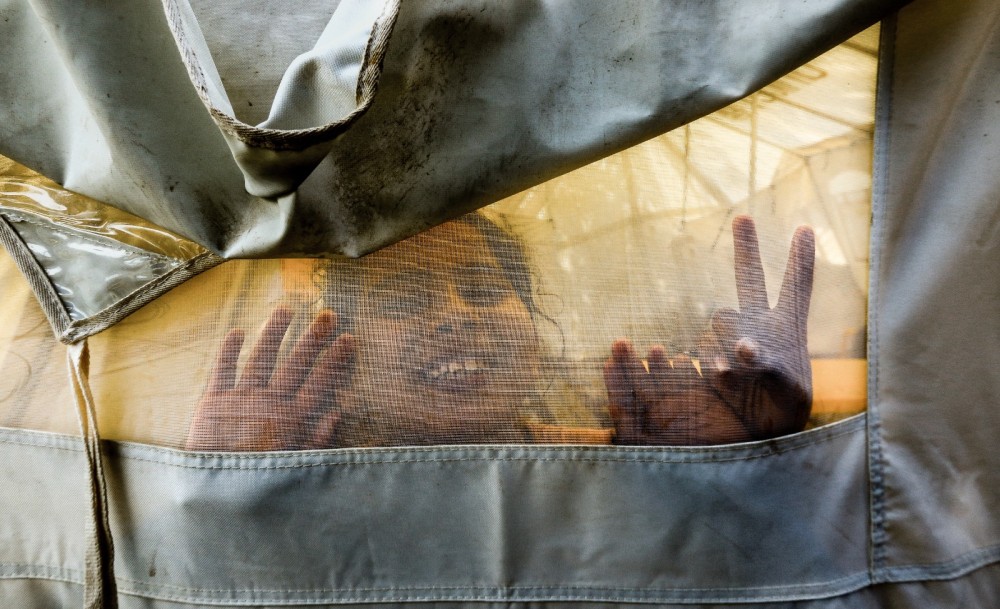What are the Possible Reasons for Different Re-actions to Chronic Trauma? A Qualitative Study
This research aimed to explore, in depth, some of the moderating factors relating to Palestinian children in the Gaza Strip who have been exposed to chronic traumatic experiences, particularly the children who are doing well or show low levels of PTSD. It formed part of a larger study (Altawil, 2008) about the effects of chronic traumatic experiences on Palestinian children in the Gaza Strip. The sample consisted of six children interviewed by using a semi-structured interview. They were aged between 13-18 years. Those children had all been exposed to at least 15 traumatic events which for some of them should be severe, showed low level symptoms of PTSD, and they should be living in clashing areas in the Gaza Strip.
The measurements used were a semi-structured interview. The participants were interviewed in Arabic and the interview schedule was also translated into English. The results revealed that the moderating factors and levels of influence which protected children from developing PTSD are positive personality traits, ideological commitment, a network of psychosocial support, entertainment and adaptation or acclimatization.
The study concluded that although some children in Gaza who have been exposed to traumatic experiences seems to be doing reasonably well at present, there is a significant risk that they will continue to be exposed to further traumatic experiences. If these and other less fortunate children in Gaza do not get adequate help (both preventative and reactive). We might face the prospect of a lost generation of Palestinian children.
Key words: Chronic trauma, childhood PTSD, moderating factors, Palestinian children.




